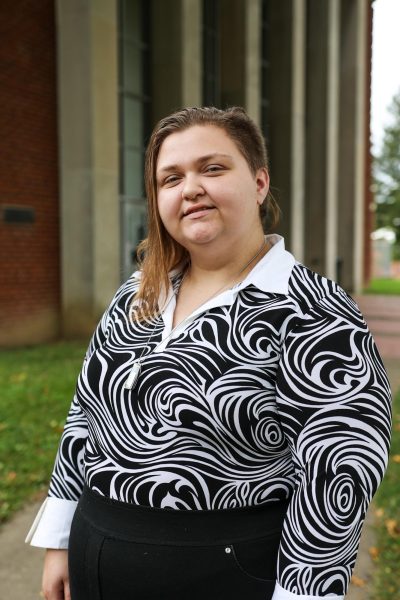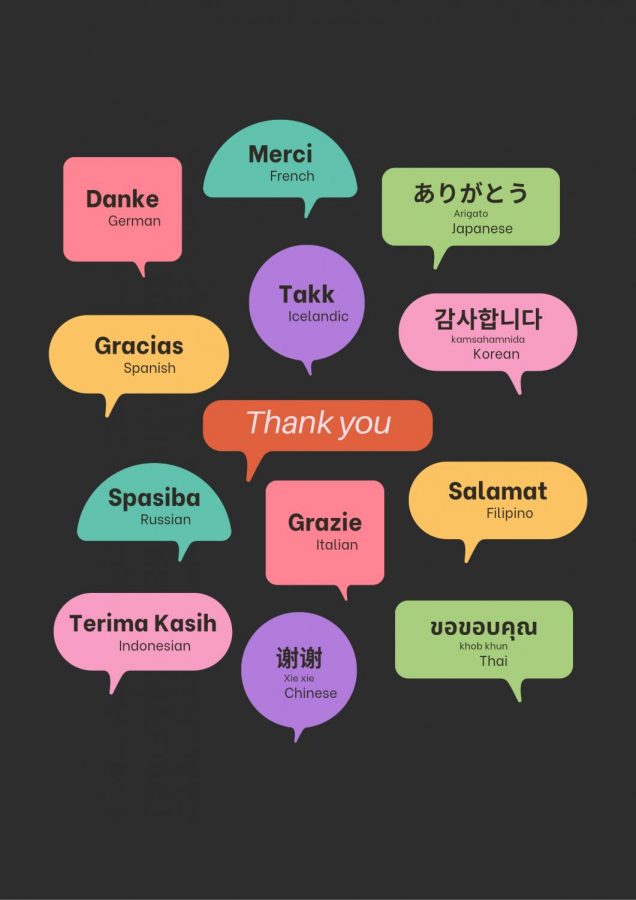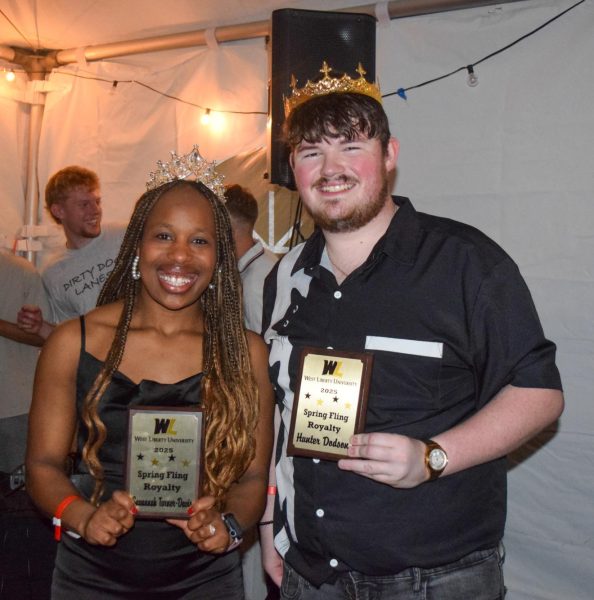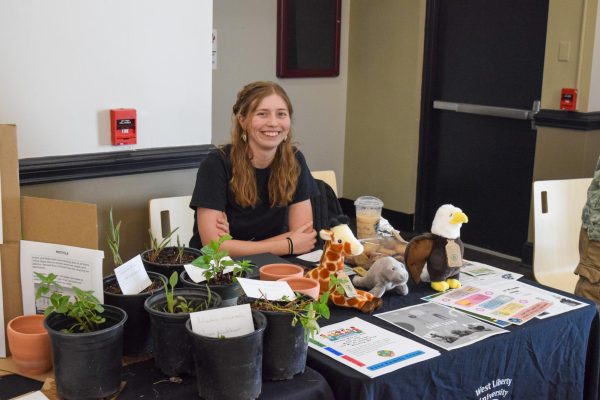Do language learning apps work?
When traveling to a different country, it is common to download language apps to help an individual learn a language different from their own sufficiently. Applications such as Duolingo or Rosetta Stone, advertise to users that they could learn a new language proficiently just within a short window of time. What begs the question is whether these language apps can live up to their own standards. Dr. Shannon Halicki, West Liberty University Associate Professor of French and Spanish, sought to answer this question through a well-informed presentation on the quality of language applications.
Considering Halicki has a doctorate in linguistics and second language acquisition, as well as in-depth teaching experience both domestically and overseas, she was often asked what was the best method to learn a language individually. With the sudden rise in language applications in recent years, Halicki wanted to conduct research on these applications to see if they were viable, useful methods to learning a new language.
“I began by analyzing the content and tasks within some of the most popular learning language apps. I am comparing what takes place on the app to experiences and tasks that we know to be pretty much necessary for successful second language proficiency and development,” said Halicki.
Unfortunately, throughout her research process, Halicki could not find sufficient empirical evidence to support her endeavor. However, despite this anomaly, Halicki was able to conclude a few things about language applications.
One of the topics Halicki touched upon is timing. Halicki noted that learning a second language can take an enormous amount of time, and that time can increase depending on the level of difficulty. Many language applications use an asynchronous style for teaching which is not enough to be fluent considering Halicki mentioned that one needs excessive exposure and have active conversations. With this in mind, asynchronous learning will only get a user as far as writing a new language instead of speaking it fluently.
Considering this factor, this leads into the next point Halicki spoke on: the fact in which language applications are good at the beginning stages of second language acquisition. Halicki noted that language applications do well in getting users acquainted with another language, but fail to give them confidence in speaking it. A lot more focus goes into comprehension instead of oral conversation. Halicki stressed in her presentation that second language acquisition most likely will not occur without interaction.
Overall, in her presentation, Halicki concluded that language learning applications are only good in the short term. Learning a new language takes practice, repetition, and motivation. Language applications serve more as guides or aids that can only get an individual to a certain point.
Kaitlynn Wheeler is a senior at West Liberty University majoring in broadcasting. She works for WLU's marketing department as a voice actress. Wheeler...

Haley Blakemore is a Senior in English Literature with a minor in Journalism from Reeader, WV. Blakemore has been on staff for the Trumpet since 2019....







